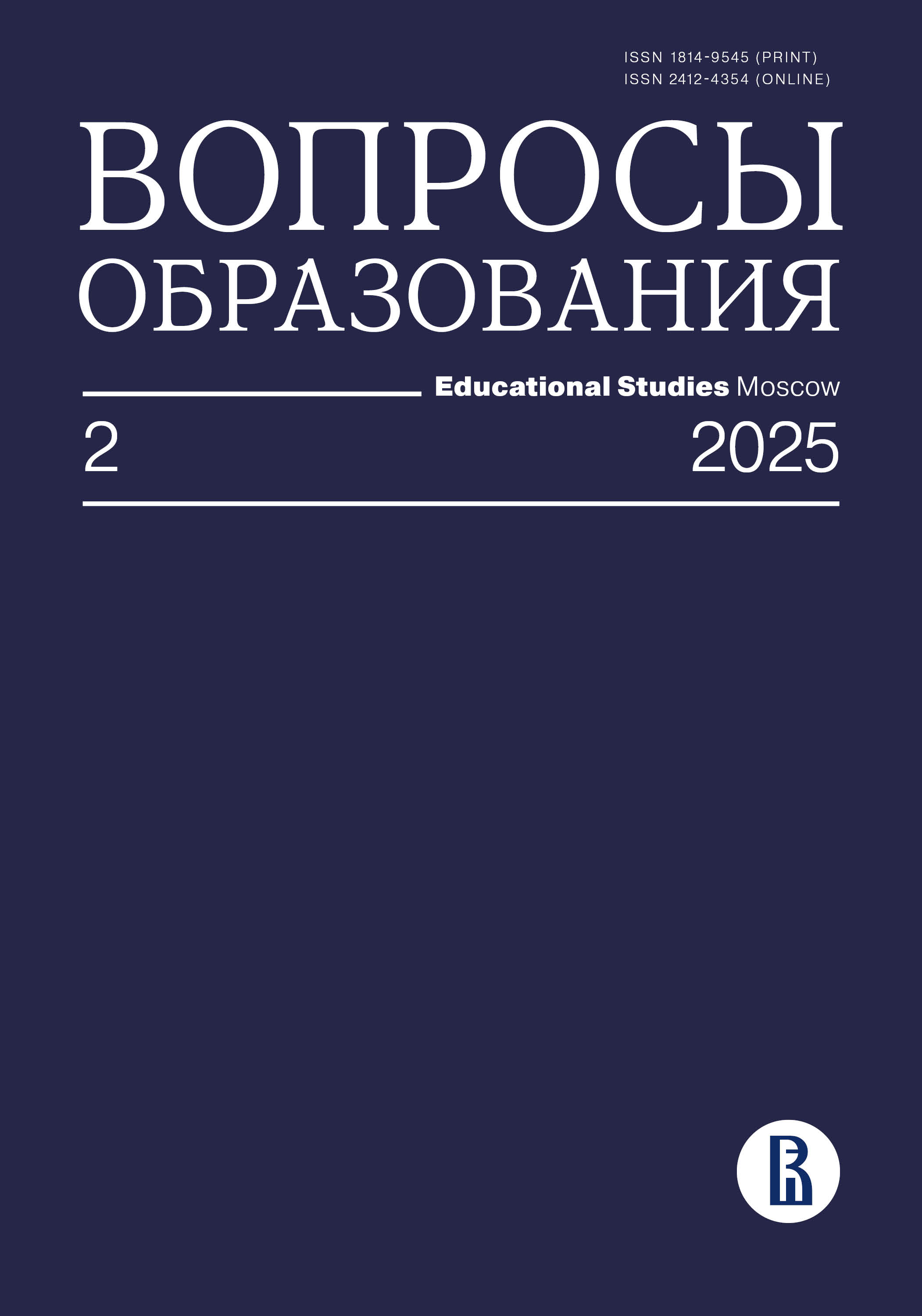Special Issue: Rethinking Educational Practice with AI
Over the past decade, artificial intelligence (AI) has become more than a buzzword in education – it is now deeply embedded in teaching, learning, assessment, and governance. This special issue responds to the growing need to critically synthesize, compare, and expand our understanding of how AI transforms education. We aim to collect contributions that go above and beyond the logic of technological innovation and address how educational purposes, pedagogical practices, and institutional structures are being reconfigured through the integration of AI.









